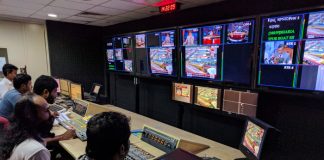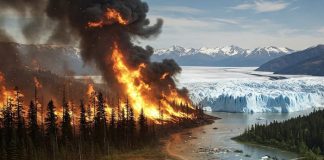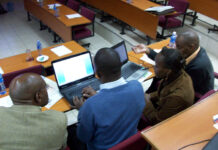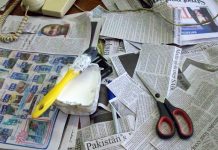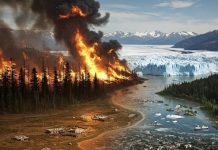Advanced
Our advanced section explores specialised topics for experienced journalists seeking to deepen their expertise. Develop your skills in data journalism, multimedia storytelling, investigative techniques, and complex narrative structures that elevate reporting to the next level. All our material is free to download, adapt and use. Scroll down our site map for all the content in this and other sections.
Handling breaking news
Journalists need to have a system in place for covering a breaking news story in order to know who does what and when.
Covering climate change
Reporting on climate change presents journalists with major hurdles, as it's a topical, controversial subject rooted in complex scientific research.
Detecting AI-generated images
How can journalists identifying fake photographs with so many dramatic images being shared at speed on social media.
Hey AI, what are the top stories of the day?
Have you ever chaired a news meeting surrounded by blank faces with no story ideas? Well, with AI that experience could be a thing of the past.
Tips for motivating journalists
Daily news meetings should be inclusive and agenda-setting. Editors must foster a culture of original ideas and risk-taking to keep staff motivated and alert.
Computer-assisted reporting (CAR)
Computer-Assisted Reporting (CAR) refers to the use of digital tools such as spreadsheets, databases, and basic statistical analysis to interrogate large datasets.
Creating a fact-checking system
It’s the job of the journalist to try to find and present the truth, but fact-checking isn't easy. It requires a methodological approach to verification.
Old news is no news, updates are essential
Journalism involves an ongoing commitment to update and rework the material we are producing to ensure that it remains relevant, reflects latest developments, and continues to inform.
Editing audio for radio news
We edit audio when airtime is limited. Always consult your editor or producer on the required duration before starting any edits to ensure the item fits.
Covering climate change
Reporting on climate change presents journalists with major hurdles, as it's a topical, controversial subject rooted in complex scientific research.
Updating an online news item
Journalists working on a news website are responsible for publishing content on every device their users to turn to in order to access information.
Journalism, trauma and stress
Journalists often witness traumatic events that impact their reporting. We explore the support available for managing work-related stress and trauma.
Avoiding bias during election coverage
During elections politicians will often accuse media organisations and their journalists of bias. We look at the challenges of producing fair election coverage.
The use of idioms in journalism
Journalists producing serious news coverage must always write in a way that is clear, accurate, free from jargon.
Running an effective news meeting
Here we offer 50 suggestions for helping editors run stimulating news meetings that guarantee a steady stream of original stories.
